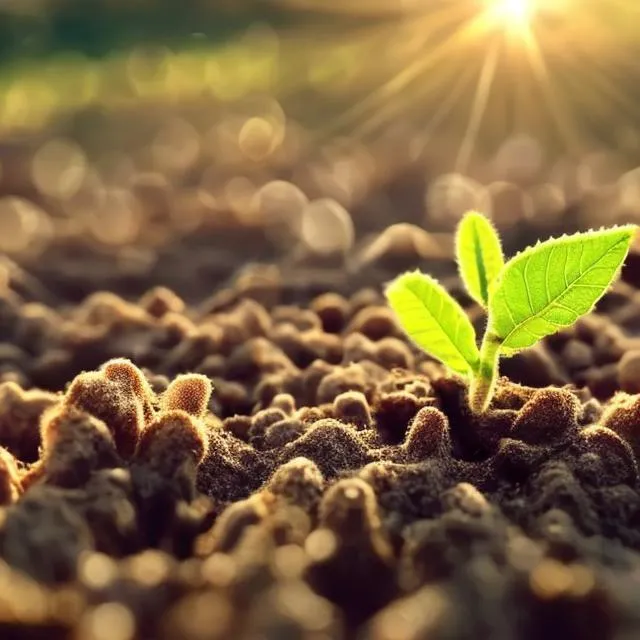
The Serene Power of Patience in Achieving Long-Term Goals
Imagine you're planting a seed in your garden. You water it diligently, yet days go by and you see nothing but a patch of soil. However, as anyone who's ever grown a plant knows, your patience eventually pays off. One day, tiny green leaves burst through the earth. This allegory is emblematic of the journey many people take when working toward long-term goals. In a world addicted to instant gratification, patience is a virtue often overlooked. But here's the catch: to truly unlock your potential and realize your dreams, understanding and practicing patience is essential.
Why is Patience Important?
Patience is more than just an ethical or moral quality; it's a skill that you can—and should—cultivate. It's the bridge between your aspirations and accomplishments. Whether you're aiming to start a new business, learn a new language, or even nurture a relationship, patience provides the endurance needed to overcome inevitable obstacles.
The Science Behind Patience
Various scientific studies have revealed the importance of patience. Psychologically, patience has been linked to emotional well-being, lower stress levels, and better decision-making. The prefrontal cortex, the part of the brain responsible for decision-making and moderating social behavior, is more active in patient individuals.
Practical Steps to Cultivate Patience
Start Small: It's like exercising a muscle. Begin with daily inconveniences like waiting in line or being stuck in traffic.
Be Mindful: Being fully present allows you to appreciate the journey, making the wait more bearable.
Reflect: Journaling can help you identify triggers of impatience and ways to counter them.
Find Distractions: Sometimes, a diversion like reading a book can help time pass quickly.
Set Realistic Goals: Your path to patience will be smoother if your expectations are achievable.
Patience in Relationships
People are not perfect, and relationships require a lot of patience. Whether it's a familial relationship, friendship, or a romantic partnership, misunderstandings and miscommunications are bound to happen. Patience in such contexts means giving people room to grow and accepting them for who they are.
Conclusion
Patience is not about passively waiting; it's an active endurance. It's about choosing to stay committed even when the excitement fades, treating setbacks as stepping stones, and believing in the bigger picture. It's not just a virtue; it's a life skill. So the next time you find yourself impatiently waiting for that metaphorical seed to sprout, remember that good things, like beautiful gardens, require time, effort, and above all, patience.




